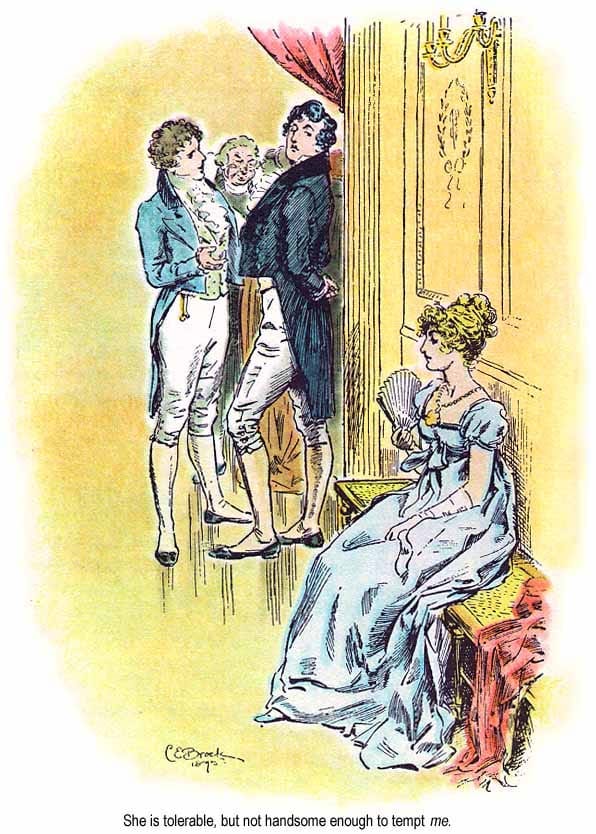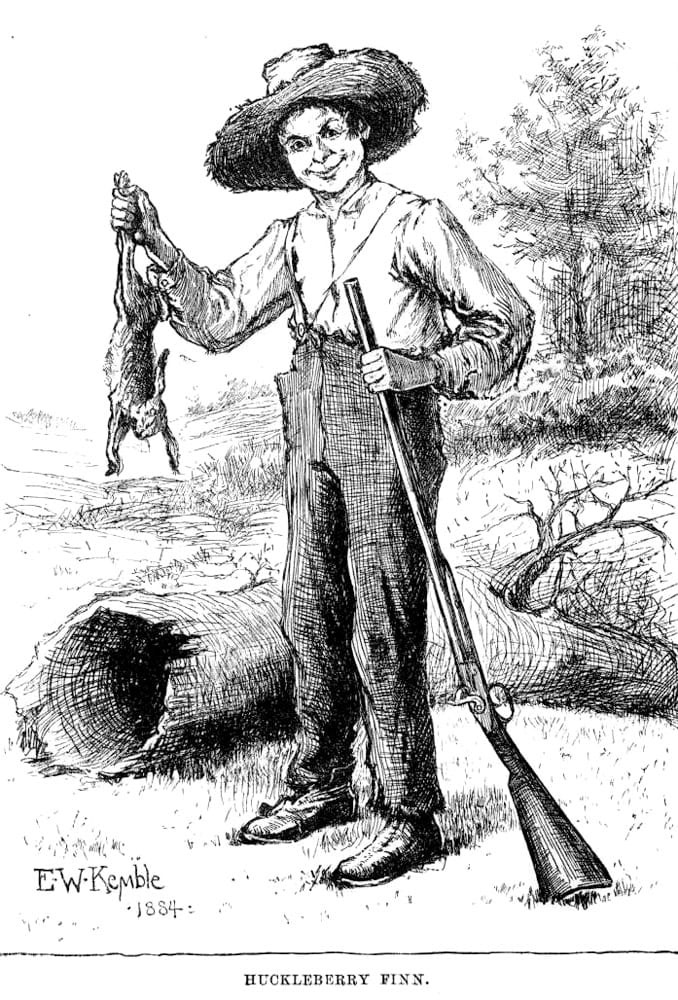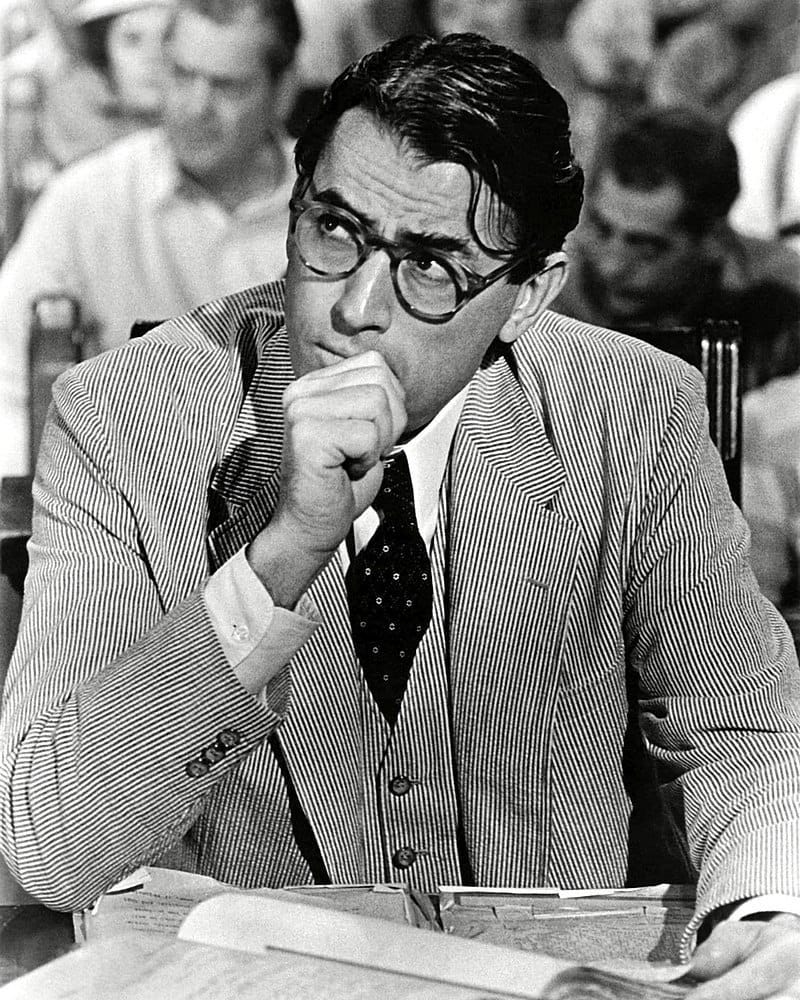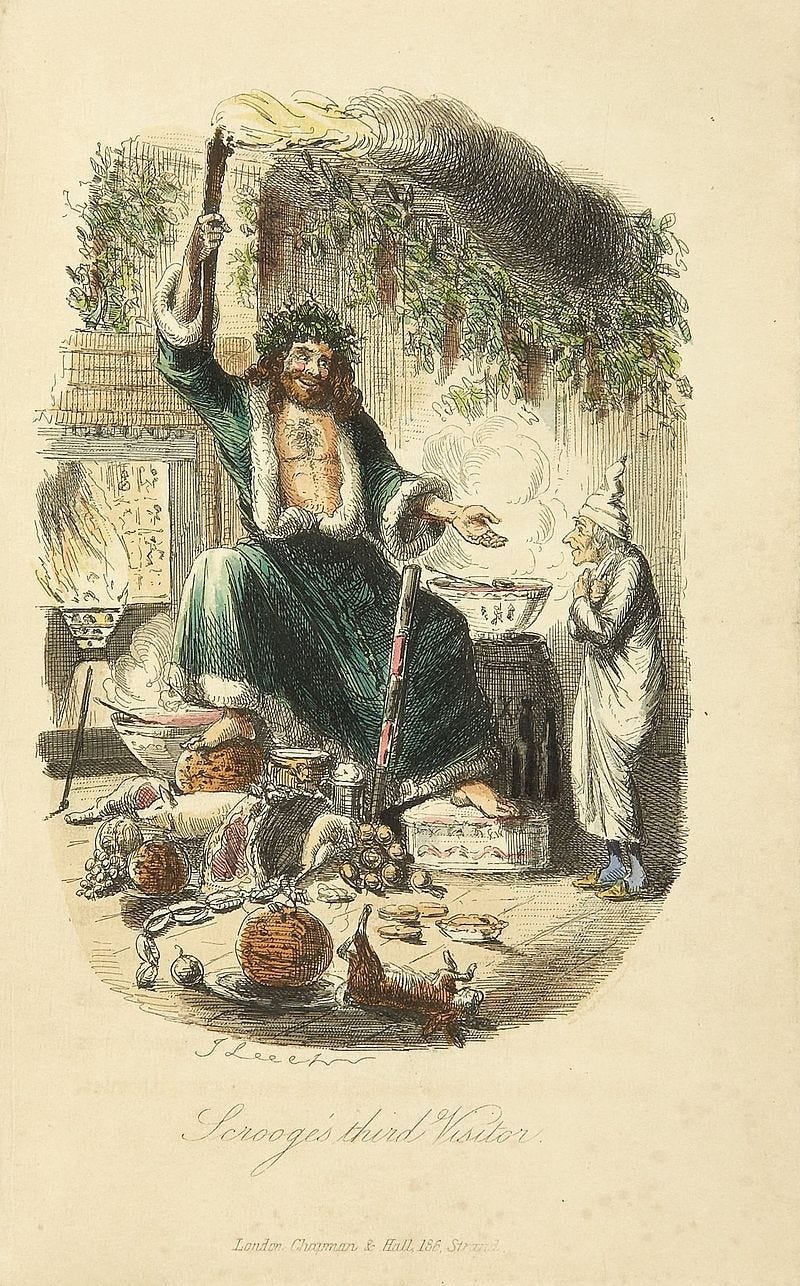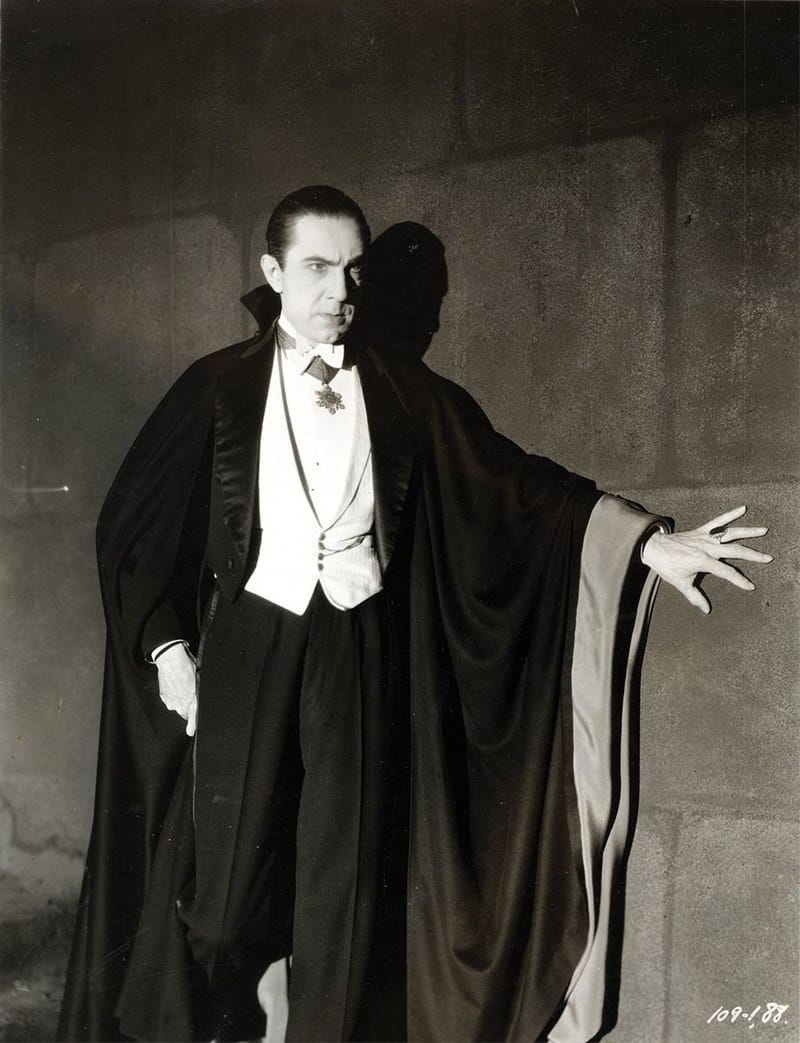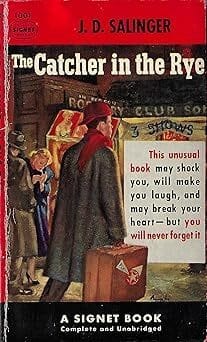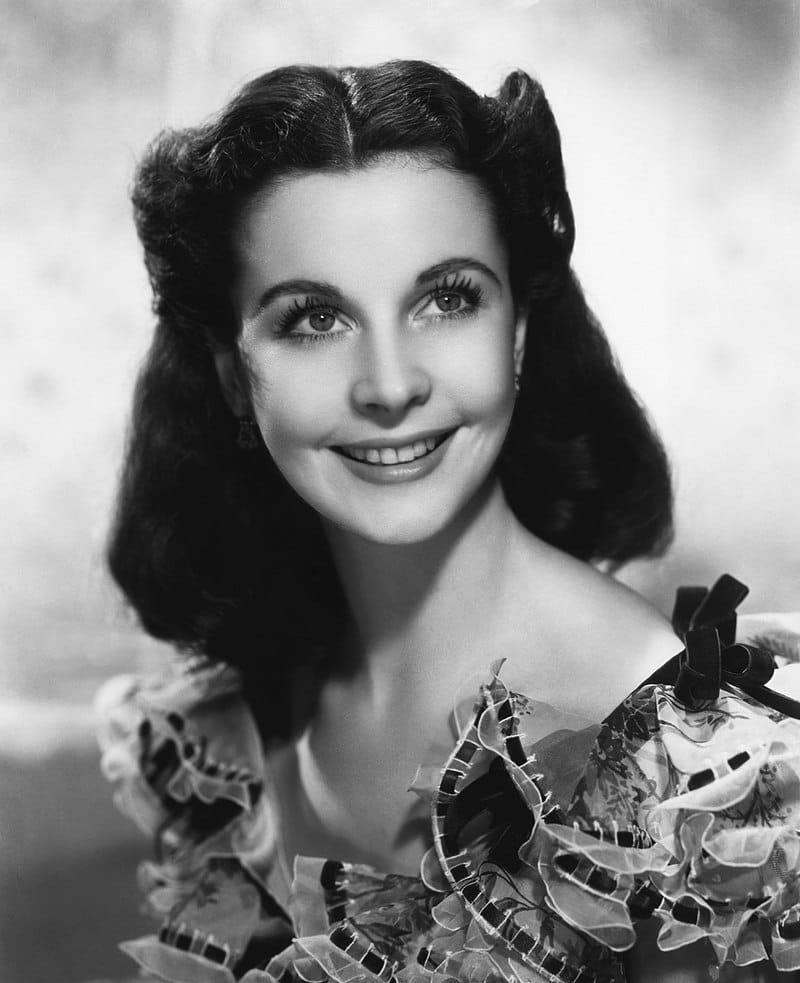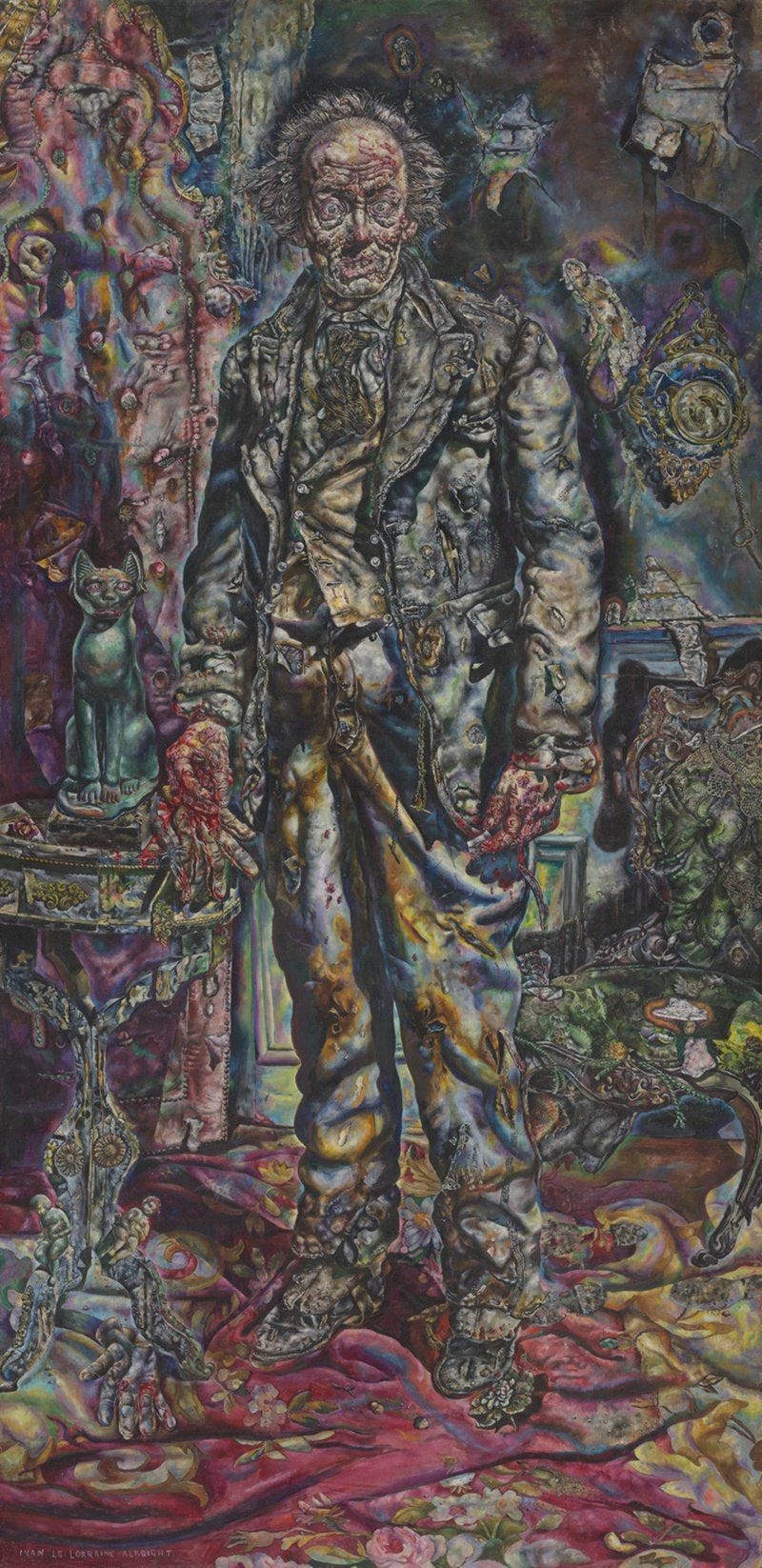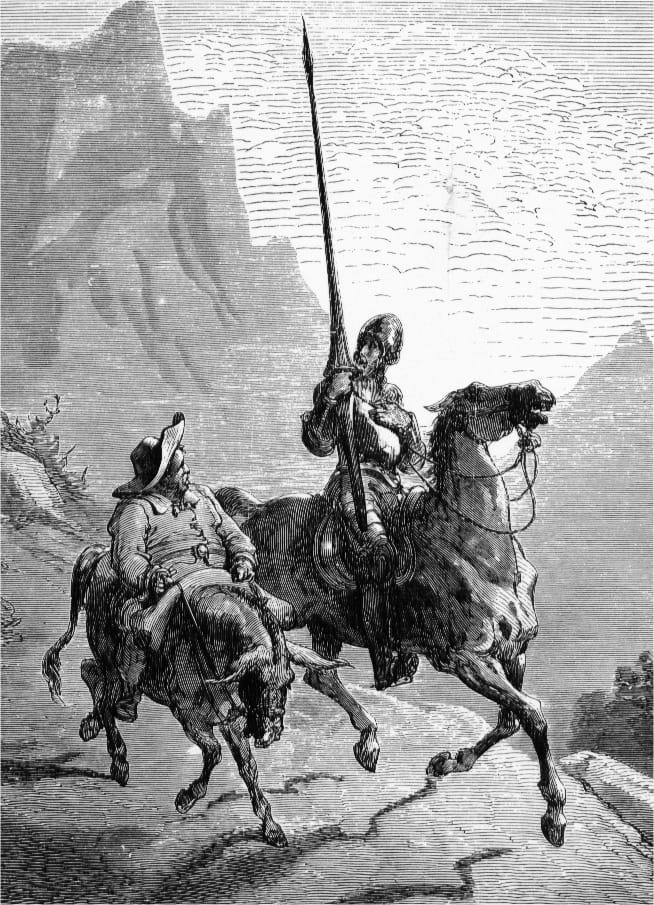The 20 Most Iconic Characters in Literature and Their Lasting Impact
These legendary literary characters aren't just figures on a page—they've defied time, shaped cultures, and haunted our collective imagination for centuries, proving that the right story can make a mere mortal immortal.
The 20 Most Iconic Characters in Literature and Their Lasting Impact
Great characters transcend their stories. They become part of our collective consciousness, influencing everything from pop culture to our own personal values. Some characters reflect our deepest fears and desires, while others challenge us to see the world differently. Here are 20 of the most iconic literary characters and why they continue to captivate us.
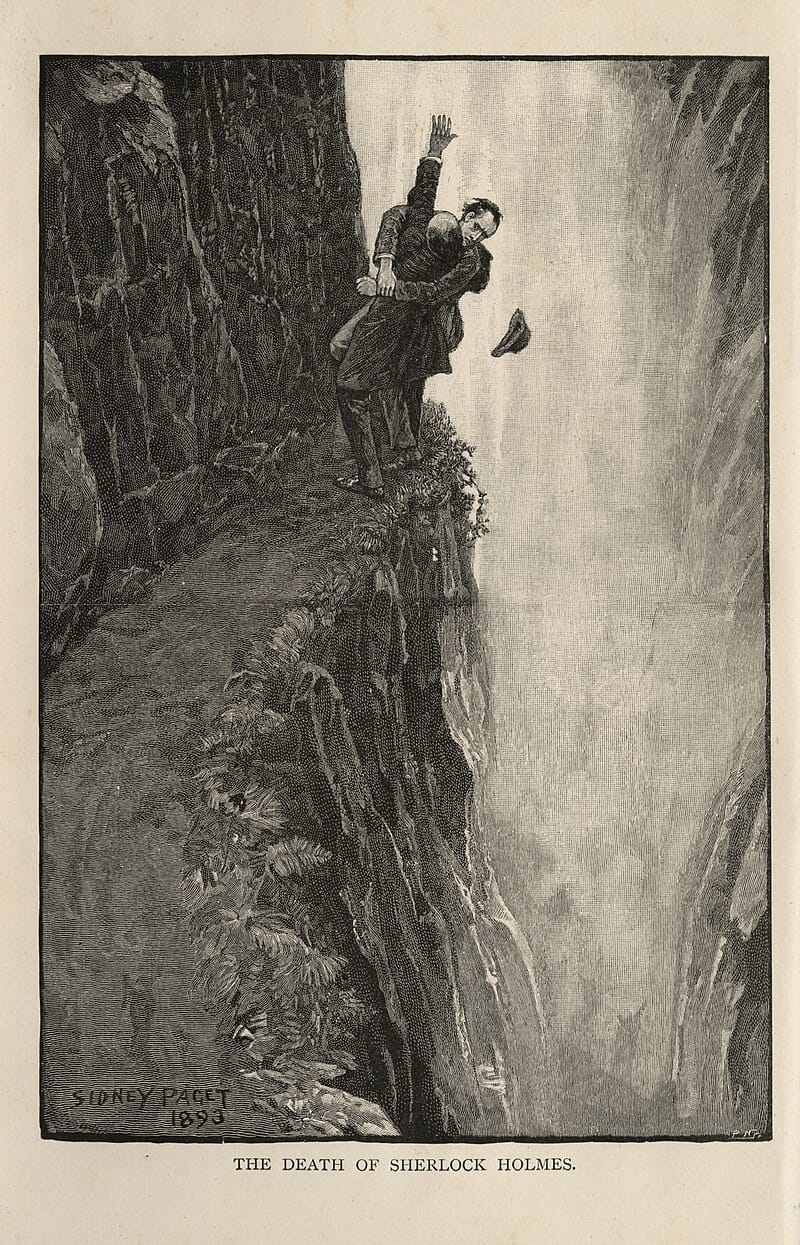
1. Sherlock Holmes (Arthur Conan Doyle)
The brilliant detective with an unmatched analytical mind and a penchant for deductive reasoning, Holmes has set the gold standard for fictional sleuths. His influence can be seen in countless crime dramas, and his cool, calculating persona still fascinates readers today.
2. Elizabeth Bennet (Jane Austen)
Elizabeth's wit, intelligence, and independence in Pride and Prejudice make her one of literature's most beloved heroines. She challenged societal norms and inspired generations to seek love on their own terms.
3. Hamlet (William Shakespeare)
The Prince of Denmark's existential crisis and deep introspection have made him a symbol of human uncertainty. His soliloquies still resonate with anyone questioning their place in the world.
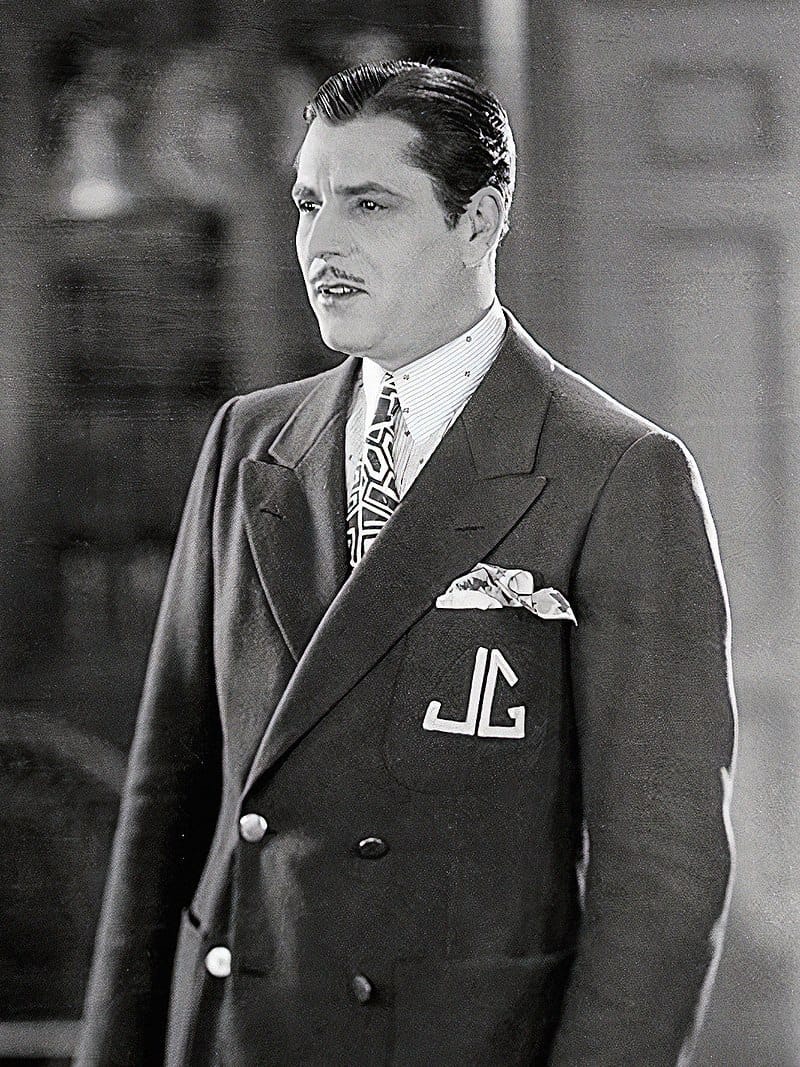
4. Jay Gatsby (F. Scott Fitzgerald)
The embodiment of the American Dream and its pitfalls, Gatsby's relentless pursuit of an idealized love and wealth in The Great Gatsby reflects the timeless allure and tragedy of ambition.
5. Huckleberry Finn (Mark Twain)
Huck’s adventurous spirit and moral growth in The Adventures of Huckleberry Finn make him a symbol of freedom and personal integrity, especially in the face of societal hypocrisy.
6. Atticus Finch (Harper Lee)
A beacon of morality and justice, Atticus’s unwavering integrity in To Kill a Mockingbird continues to inspire lawyers, parents, and anyone seeking to stand up for what's right.
7. Harry Potter (J.K. Rowling)
The Boy Who Lived became a global phenomenon, teaching millions about friendship, bravery, and the power of love in the face of darkness.
8. Ebenezer Scrooge (Charles Dickens)
Scrooge’s transformation from a miserly curmudgeon to a compassionate man in A Christmas Carol has become a timeless lesson in redemption and generosity.
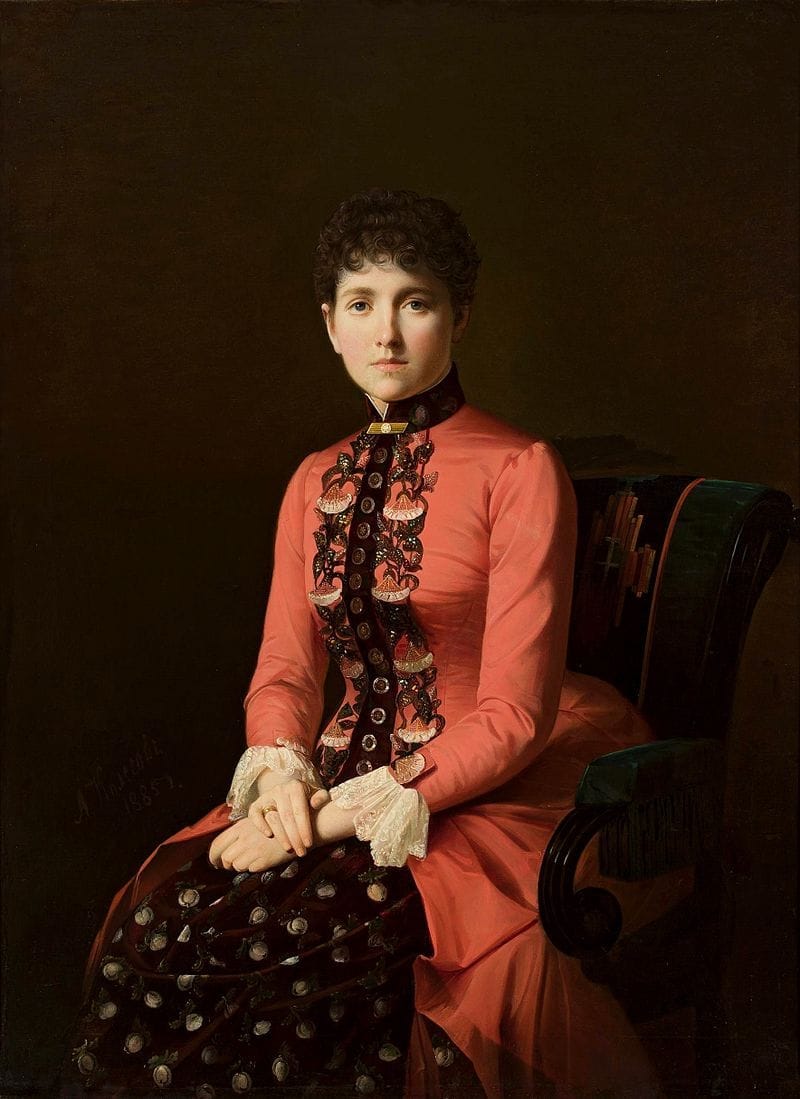
9. Anna Karenina (Leo Tolstoy)
Anna’s tragic pursuit of passion and her struggles against societal expectations in Anna Karenina make her a poignant figure of love and self-destruction.
10. Dracula (Bram Stoker)
The ultimate vampire, Dracula's eerie charm and monstrous nature have cemented him as a staple of horror fiction and pop culture.
Hi, I'm Lisa di Antonio Gherardini Giocondo, but you probably know me as the Madonna Lisa.
For centuries, my portrait has fascinated millions. Want to know why?
11. Holden Caulfield (J.D. Salinger)
Holden’s angst and longing for authenticity in The Catcher in the Rye speak to the disillusionment of youth, making him a voice for generations of outsiders.
12. Frodo Baggins (J.R.R. Tolkien)
The unlikely hero of The Lord of the Rings, Frodo’s resilience and sense of duty prove that even the smallest person can change the course of history.
13. Winnie the Pooh (A.A. Milne)
Pooh's simple wisdom and unwavering friendship have made him a beloved figure, teaching us that kindness and curiosity are timeless virtues.
14. Scarlett O’Hara (Margaret Mitchell)
Fierce, flawed, and determined, Scarlett’s journey in Gone with the Wind captures the complexities of survival and ambition in times of change.

15. Jean Valjean (Victor Hugo)
His transformation from a criminal to a man of virtue in Les Misérables is a powerful testament to redemption and the human capacity for change.
16. Captain Ahab (Herman Melville)
Obsessed with revenge, Ahab's relentless pursuit of Moby Dick showcases the dangers of obsession and the struggle between man and nature.
17. Dorian Gray (Oscar Wilde)
Dorian's tragic pursuit of eternal youth and beauty in The Picture of Dorian Gray explores vanity and the consequences of moral corruption.
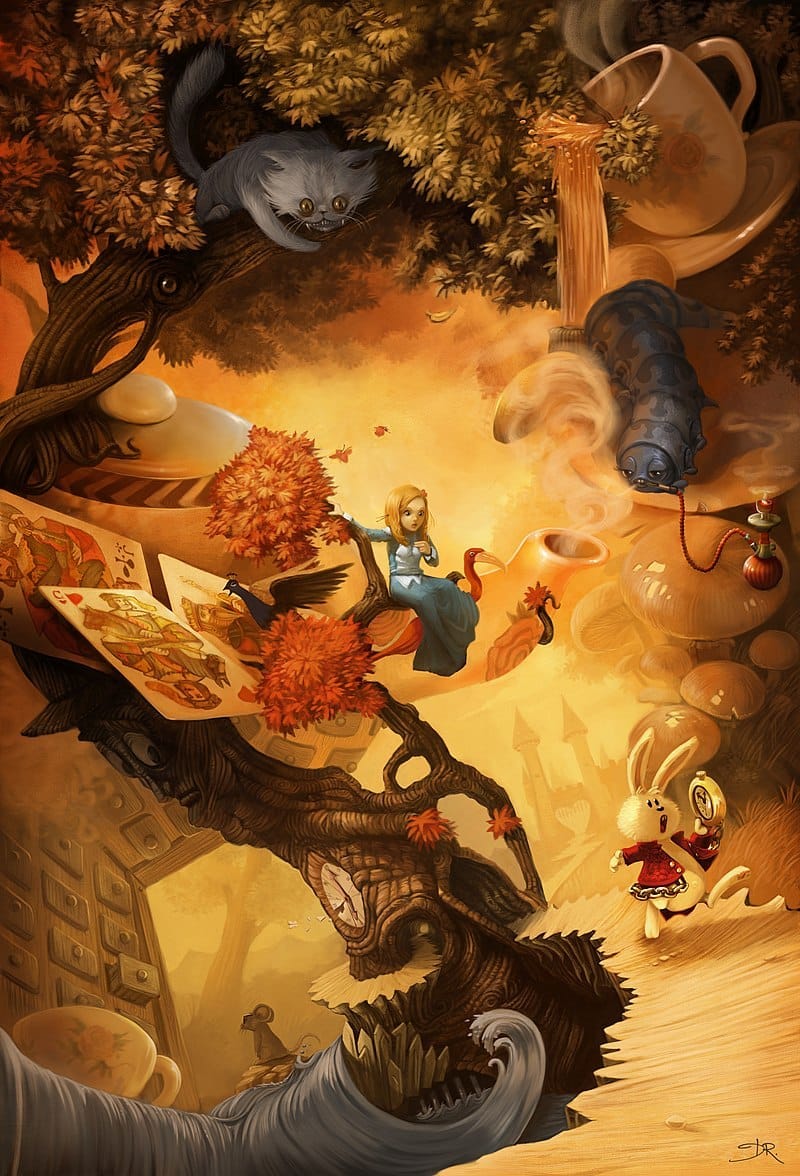
18. Alice (Lewis Carroll)
Alice’s adventures in Wonderland challenge logic and reality, making her a symbol of curiosity and imagination that transcends generations.
19. Don Quixote (Miguel de Cervantes)
The delusional yet idealistic knight embodies the clash between reality and fantasy, inspiring dreamers and adventurers across centuries.

20. Frankenstein’s Monster (Mary Shelley)
A misunderstood figure of humanity’s quest for knowledge, the Monster's tragic existence in Frankenstein questions the ethical limits of science and creation.
Each of these characters embodies universal themes—love, loss, ambition, justice, and self-discovery—that make them timeless. Their stories resonate across cultures and generations, influencing countless adaptations in film, theater, and art. They challenge us, comfort us, and reflect the deepest aspects of human nature. Their impact proves that literature continues to shape who we are and how we understand the world around us.
“The mystery of human existence lies not in just staying alive, but in finding something to live for.”
Fyodor Dostoyevsky
Art
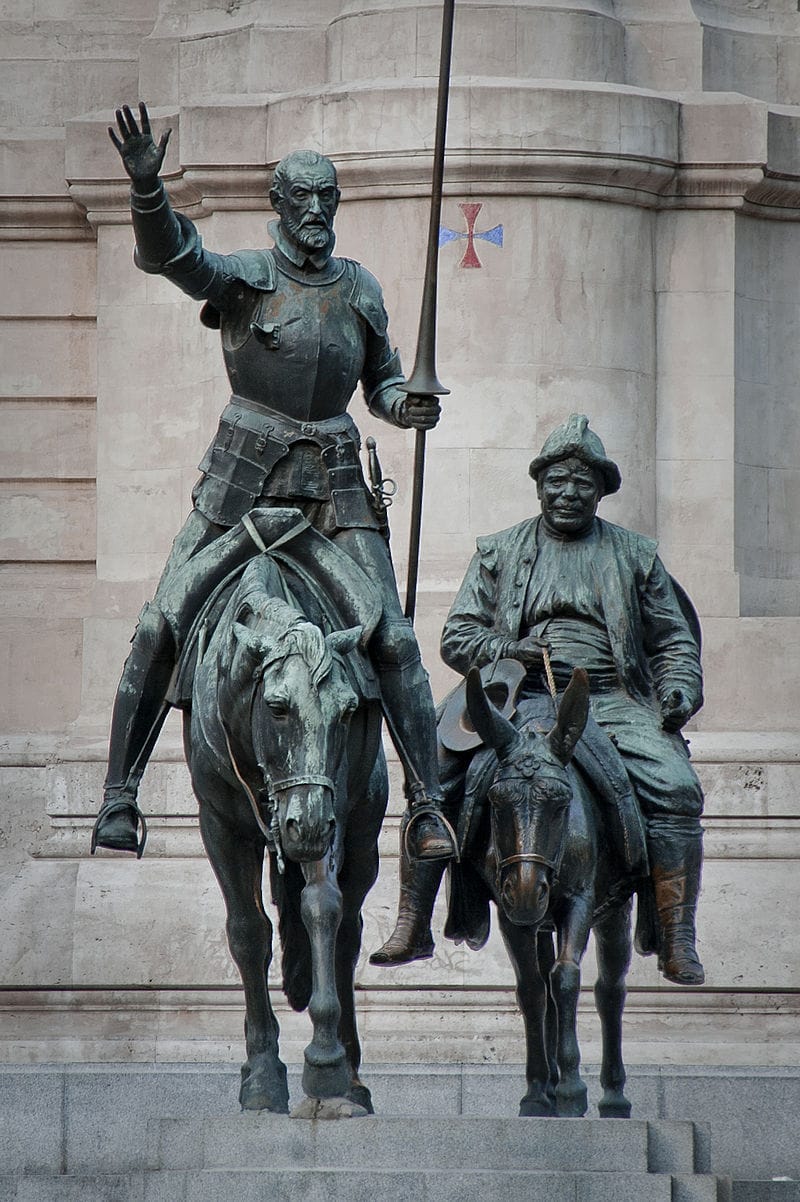
Advertisement
We may receive commissions from any purchases made on Amazon through this advertisement.


